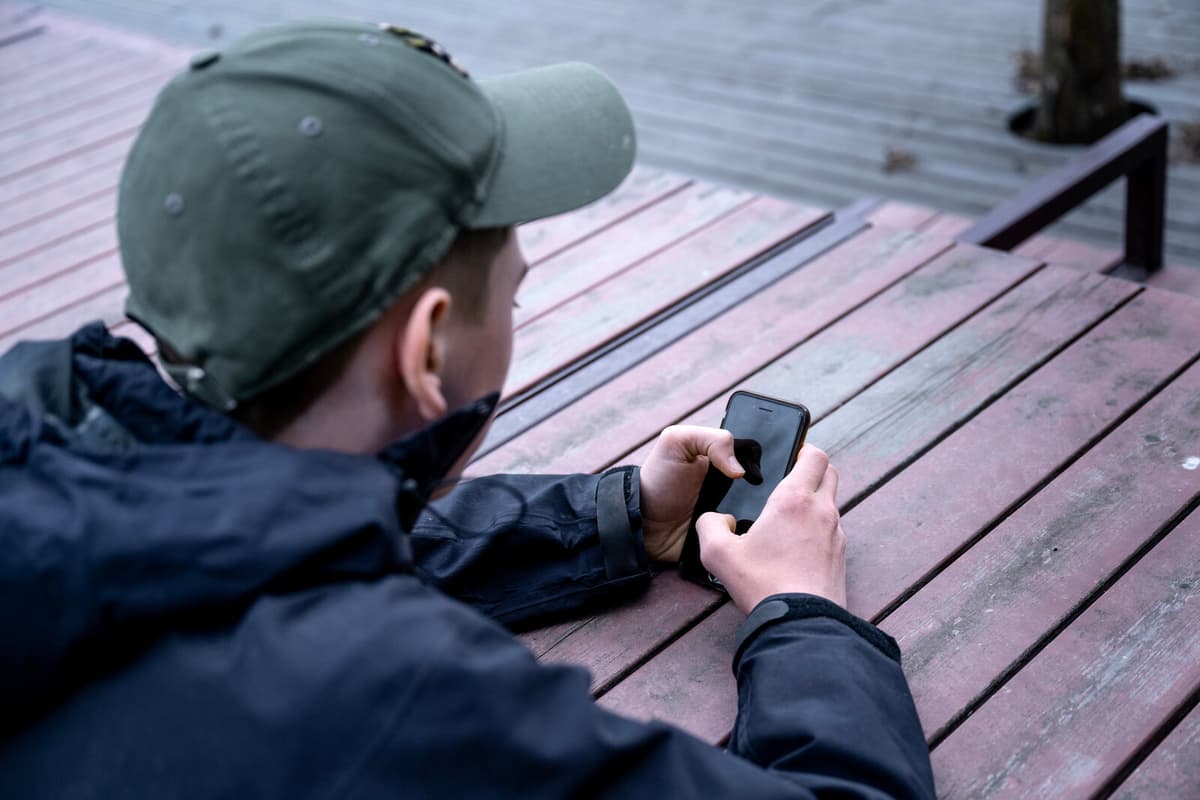The report, which was made by Unicef, points out that it is primarily vulnerability to sexual abuse and bullying that makes young people feel unwell. Young people who have been exposed to such things online have to a much greater extent anxiety, suicidal thoughts and suicidal behavior and are more prone to self-harm than others.
The report is based on data from over 40,000 children between 9 and 17 years old in 40 countries. Sweden is not included in the material, but Daniel Kardefelt Winther, research manager for digital media at Unicef's global research office, does not think it is different here.
It was surprising how similar it was between countries that can be perceived as different. Children and young people in Uganda watch about the same things and play the same games as those in Norway. Moreover, we see that the risk of being exposed to over-sexualized content or online harassment is just as great for those who spend less time online, he says.
Time can be good
The report also shows that children and young people who spend a lot of time online and have better digital skills and therefore greater opportunity to protect themselves from harmful content.
Previous studies have pointed out that a lot of screen time can have a negative impact on, among other things, sleep and vision and take time from other activities such as sports. But to focus solely on screen time is to simplify a complex issue, according to the report authors.
Technology companies and also governments need to take more responsibility for children's well-being and ensure that platforms are free from harmful content and abuse. All talk about screen time makes companies slip away a bit by putting the responsibility on the individual, he says.
Wish lists
Other research has shown that those who are exposed to bullying or sexual abuse online are often exposed by people they already have a relationship with. The internet becomes a tool for the perpetrator, rather than the cause.
It is difficult to know which platforms are safe and where children do not risk being exposed to harmful content or abuse. There are no comprehensive certifications or lists. But that would be a good way to go, thinks Daniel Kardfelt Winther.
We have unfortunately relied too much on companies regulating themselves, but it obviously does not work. I think there needs to be more legislation around both content and abuse, he says.
Unicef has investigated how screen time affects children's digital skills and mental health. The report Childhood in a digital world has been developed by Unicef's global research office Innocenti. It is based on data from over 40 countries and is based, among other things, on surveys.
It presents how children's access to the internet differs between countries and groups, what affects children's digital skills and what effects digital presence has on their mental health.
Source Unicef






